Aquí tenéis la canción de los 5 sentidos:
sábado, 9 de noviembre de 2019
5 SENSES
En Natural Science acabamos de empezar el tema de los sentidos.
Aquí tenéis la canción de los 5 sentidos:
Aquí tenéis la canción de los 5 sentidos:
MY FAMILY
En Social Science estamos estudiando la familia. Podéis utilizar estos recursos para practicar en casa:
Canción "My family":
Vídeo para practicar el vocabulario sobre la familia:
Canción "My family":
Juego de unir las palabras con los dibujos: https://learnenglishkids.britishcouncil.org/es/node/17945
Juego en el que hay que escuchar y hacer click sobre la imagen que nos dicen: http://www.english-time.eu/hry/family-tree.php?zpet=teacher
TOYS
En inglés estamos dando el vocabulario de los juguetes. Aquí tenéis algunos recursos para practicar:
Vídeo para adivinar el juguete que se esconde:
Vídeo de repaso del vocabulario (para escuchar y repetir):
Juego de unir la palabra con la imagen: https://learnenglishkids.britishcouncil.org/word-games/toys-1
Juego de memoria: https://www.eslgamesplus.com/toys-vocabulary-esl-memory-game/
GOOD MORNING SONG
Como algunos peques me lo han pedido, aquí os dejo el vídeo de la canción de "Buenos días" que estamos utilizando:
sábado, 12 de octubre de 2019
ENGLISH: ON, IN, UNDER, BY
En inglés estamos estudiando las preposiciones de lugar: On, in, under, by.
Aquí tenéis la canción que hemos aprendido esta semana: https://www.youtube.com/watch?v=DHb4-CCif7U
Otra canción de las preposiciones: https://www.youtube.com/watch?v=8F0NYBBKczM
Juego en el que hay que arrastrar los objetos donde el ordenador nos dice: https://www.gamestolearnenglish.com/prepositions-game/ NOTA: Como nuestros peques están en 1º, es mejor seleccionar el modo "slow", ya que es más fácil para ellos.
Si alguno quiere hacer una ficha: <iframe width="548px" height="450px" src="https://en.islcollective.com/preview.php?id=88441&nodetails=false" frameborder="0" allowfullscreen></iframe>
Aquí tenéis la canción que hemos aprendido esta semana: https://www.youtube.com/watch?v=DHb4-CCif7U
Otra canción de las preposiciones: https://www.youtube.com/watch?v=8F0NYBBKczM
Juego en el que hay que arrastrar los objetos donde el ordenador nos dice: https://www.gamestolearnenglish.com/prepositions-game/ NOTA: Como nuestros peques están en 1º, es mejor seleccionar el modo "slow", ya que es más fácil para ellos.
Si alguno quiere hacer una ficha: <iframe width="548px" height="450px" src="https://en.islcollective.com/preview.php?id=88441&nodetails=false" frameborder="0" allowfullscreen></iframe>
JOINTS
Esta semana, en Natural Science hemos visto que nuestro cuerpo se puede mover gracias a las articulaciones (en inglés, "joints").
Aquí os dejo una canción para repasarlo:
Canción de las articulaciones (es una versión de "Head, shoulders, knees and toes"): https://www.youtube.com/watch?v=8XsSArQ-fZA
Aquí os dejo una canción para repasarlo:
Canción de las articulaciones (es una versión de "Head, shoulders, knees and toes"): https://www.youtube.com/watch?v=8XsSArQ-fZA
sábado, 5 de octubre de 2019
MY BODY
En Natural Science estamos estudiando el cuerpo humano. Vamos a aprender el nombre de algunas partes del cuerpo, vamos a hablar de huesos, músculos y articulaciones... Aquí os dejo algunos recursos que podéis utilizar para repasar en casa:
Canción "My body": https://www.youtube.com/watch?v=Rc_kIWKLiD8
Canción: "Head, shoulders, knees and toes": https://www.youtube.com/watch?v=JmRp-kdenHg
https://www.mes-games.com/bodyparts.php Si pulsas "Learn and Review" puedes escuchar y repetir las palabras. Si pulsas "Vocabulary" puedes jugar al Memory.
Juego de etiquetar las partes de la cara: https://www.learninggamesforkids.com/health_games/body_parts/labeling.html
Canción "My body": https://www.youtube.com/watch?v=Rc_kIWKLiD8
Canción: "Head, shoulders, knees and toes": https://www.youtube.com/watch?v=JmRp-kdenHg
https://www.mes-games.com/bodyparts.php Si pulsas "Learn and Review" puedes escuchar y repetir las palabras. Si pulsas "Vocabulary" puedes jugar al Memory.
Juego de etiquetar las partes de la cara: https://www.learninggamesforkids.com/health_games/body_parts/labeling.html
sábado, 28 de septiembre de 2019
WELCOME BACK TO SCHOOL
¡Bienvenid@s a 1º! ¡Este año vamos a aprender muchísimas cosas nuevas!
Como os comenté en la reunión de padres, iré subiendo juegos, canciones y otros materiales para que podáis reforzar en casa los contenidos que trabajamos en clase. Siempre que suba algo al blog, os lo haré saber por Class Dojo.
El primer tema de Inglés y el primero de Social Science hablan del colegio. Vamos a aprender cómo se llaman los distintos materiales que usamos, las asignaturas, los lugares del cole y cómo se llaman las personas que trabajan en el colegio (profesores, conserje, cocinero/a...).
Os dejo aquí unos cuantos enlaces que os pueden interesar. Sólo tenéis que hacer click en los enlaces, así no tenéis que perder tiempo en buscar en Google y, además, es más seguro para los peques. Pero, aún así, es importante estar pendientes mientras juegan online, pues, como ya sabéis, es muy fácil acceder a contenidos de cualquier tipo en Internet.
AVISO: Probablemente tengáis que activar el Adobe Flash Player para poder jugar.
Juego de unir las palabras con los dibujos:
https://learnenglishkids.britishcouncil.org/es/archived-word-games/find-the-pairs/school
Memory game:
http://www.eslgamesworld.com/members/games/vocabulary/memoryaudio/school%20items/index.html
Listen and shoot: escucha dispara a la palabra que te dicen.
https://www.mes-games.com/classroom1.php
Canción: Quiet please!
https://learnenglishkids.britishcouncil.org/songs/quiet-please
Vídeo: Listen and repeat (school subjects)
https://www.youtube.com/watch?v=7K_wn_58gh4
Vídeo: Listen and repeat (school rooms)
https://www.youtube.com/watch?v=v1ekxQfLnxA
Como os comenté en la reunión de padres, iré subiendo juegos, canciones y otros materiales para que podáis reforzar en casa los contenidos que trabajamos en clase. Siempre que suba algo al blog, os lo haré saber por Class Dojo.
El primer tema de Inglés y el primero de Social Science hablan del colegio. Vamos a aprender cómo se llaman los distintos materiales que usamos, las asignaturas, los lugares del cole y cómo se llaman las personas que trabajan en el colegio (profesores, conserje, cocinero/a...).
Os dejo aquí unos cuantos enlaces que os pueden interesar. Sólo tenéis que hacer click en los enlaces, así no tenéis que perder tiempo en buscar en Google y, además, es más seguro para los peques. Pero, aún así, es importante estar pendientes mientras juegan online, pues, como ya sabéis, es muy fácil acceder a contenidos de cualquier tipo en Internet.
AVISO: Probablemente tengáis que activar el Adobe Flash Player para poder jugar.
Juego de unir las palabras con los dibujos:
https://learnenglishkids.britishcouncil.org/es/archived-word-games/find-the-pairs/school
Memory game:
http://www.eslgamesworld.com/members/games/vocabulary/memoryaudio/school%20items/index.html
Listen and shoot: escucha dispara a la palabra que te dicen.
https://www.mes-games.com/classroom1.php
Canción: Quiet please!
https://learnenglishkids.britishcouncil.org/songs/quiet-please
Vídeo: Listen and repeat (school subjects)
https://www.youtube.com/watch?v=7K_wn_58gh4
Vídeo: Listen and repeat (school rooms)
https://www.youtube.com/watch?v=v1ekxQfLnxA
jueves, 23 de mayo de 2019
NATURAL SCIENCE: FORCES
Forces causes objects to slow down, speed up or stay in one place.
TYPES OF FORCES:
TYPES OF FORCES:
1. PUSH AND PULL
2. MAGNETISM
It is a non-contact force.
Magnets have 2 poles: North and South. The Earth is like a big magnet.
Remember!!

It is a non-contact force.
Magnets have 2 poles: North and South. The Earth is like a big magnet.
Remember!!

3. UPTHRUST
Upthrust is a force that pushes things up. Things float in water because of upthrust. This force is opposite to Gravity.
Upthrust and Archimedes principle

If you try to lift up a weight in a swimming pool and then try to lift the same weight on the edge of the pool, it feels much lighter in the water.
This was supposed to have been first explained by the Greek scientist Archimedes. He said that the water gives an upward force or upthrust on any object in it.
You can weigh an object in air and then in water and actually work out the upthrust, it is the difference between the two readings. For this reason the upthrust is often called the loss in weight of the object.
Archimedes principle states that:
This was supposed to have been first explained by the Greek scientist Archimedes. He said that the water gives an upward force or upthrust on any object in it.
You can weigh an object in air and then in water and actually work out the upthrust, it is the difference between the two readings. For this reason the upthrust is often called the loss in weight of the object.
Archimedes principle states that:
martes, 14 de mayo de 2019
SOCIAL SCIENCE: ROCKS AND MINERALS
Remember the 3 layers of the Earth (lithosphere = litosfera):
The 3 layers of the Earth are: crust, mantle and core. It is very hot inside the Earth!
ROCKS CAN BE SEDIMENTARY, METAMORPHIC OR IGNEOUS:
The Earth's crust is made up of rocks. There are 3 types of rocks: sedimentary, metamorphic and igneous.
Rocks are made up of minerals. Minerals have different properties, like:
- Colour: for example, sulphur is yellow and cobalt is blue.
- Hardness: diamonds are hard but talc is soft
- Lustre: some minerals are shiny, like gold and others are dull, like graphite.
Here there is a game to check how much you know about minerals: http://www.oum.ox.ac.uk/thezone/minerals/define/quiz/index.htm
lunes, 29 de abril de 2019
SOCIAL SCIENCE: RIVERS
We are learning about rivers in Social Science, too.
PARTS OF A RIVER
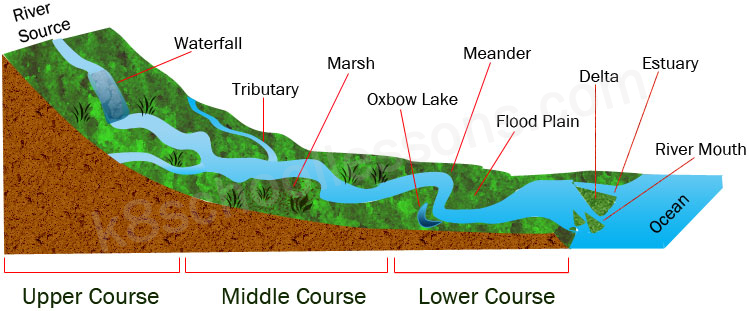
MAIN RIVERS IN SPAIN
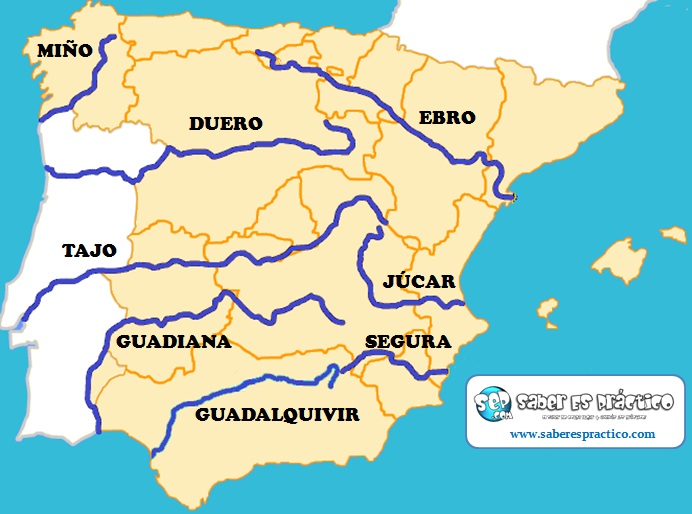
RIVERS OF THE COMMUNITY OF MADRID
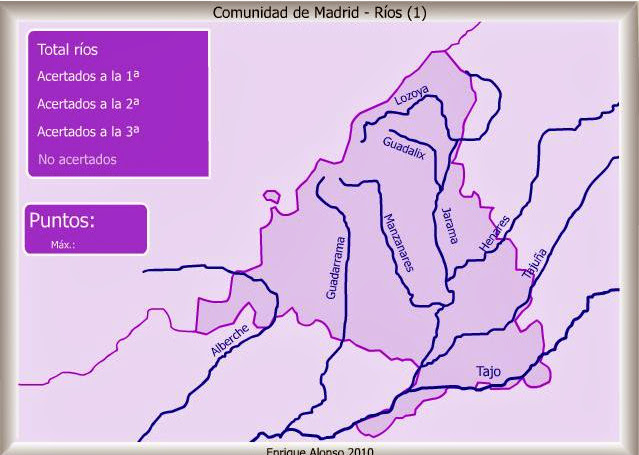
GAMES TO PRACTISE:
https://www.mundoprimaria.com/juegos-educativos/juegos-mapas-espana/rios-uno
https://www.mundoprimaria.com/juegos-educativos/juegos-mapas-espana/rios-dos
https://www.cerebriti.com/juego/rios-de-la-comunidad-de-madrid/
SOCIAL SCIENCE: WATER
We are learning about water in Social Science.
Water chemical formula is H2O. Water molecules have 2 atoms of hydrogen (H) and 1 of oxygen (O).


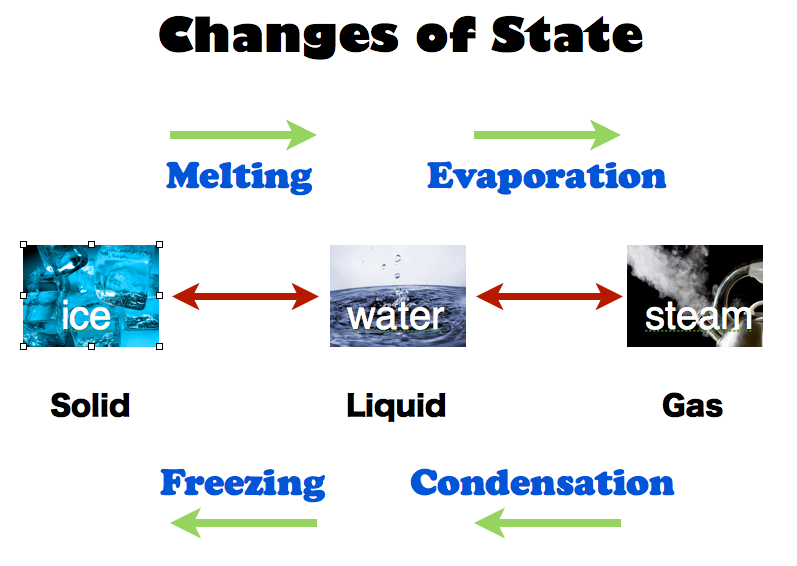
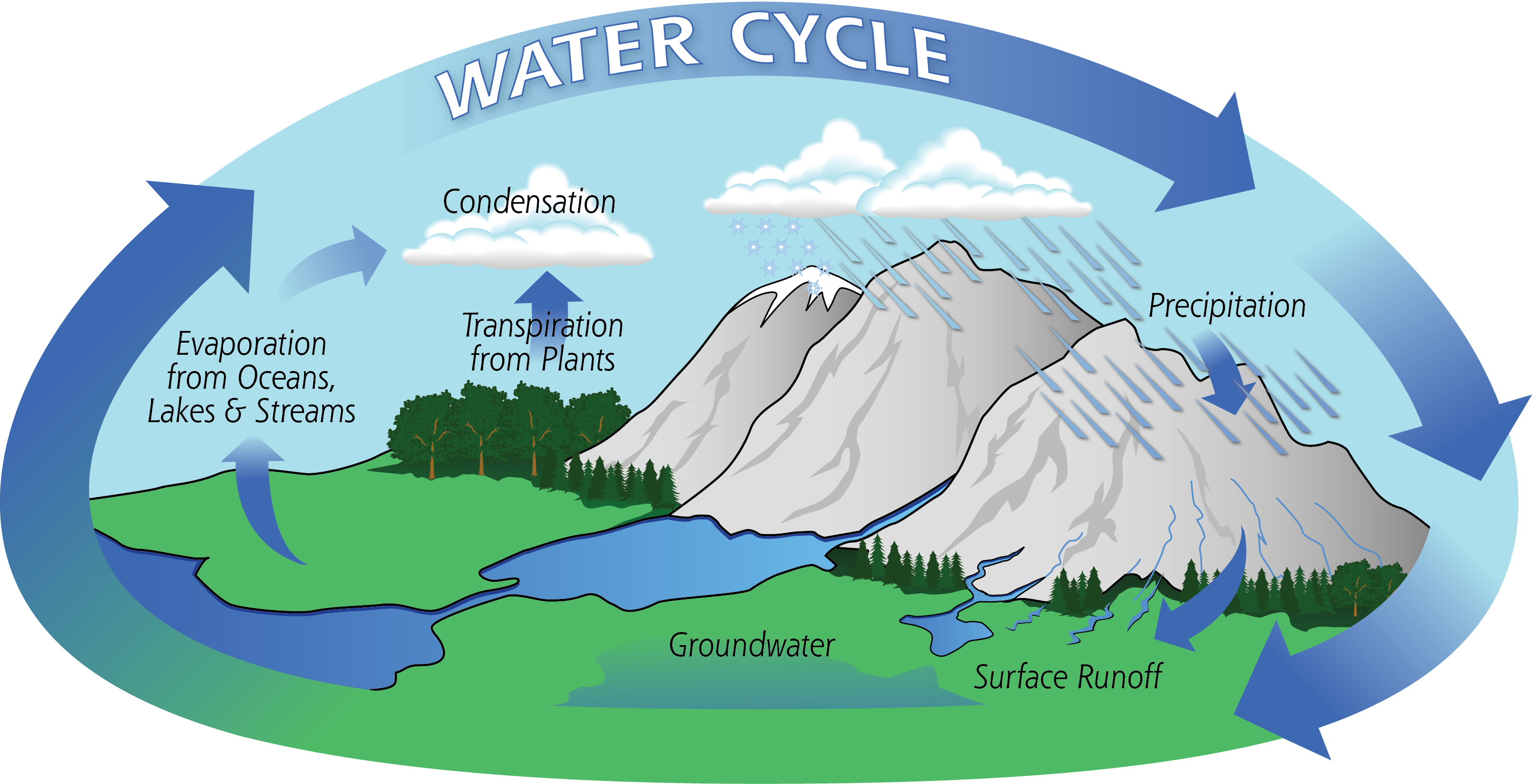
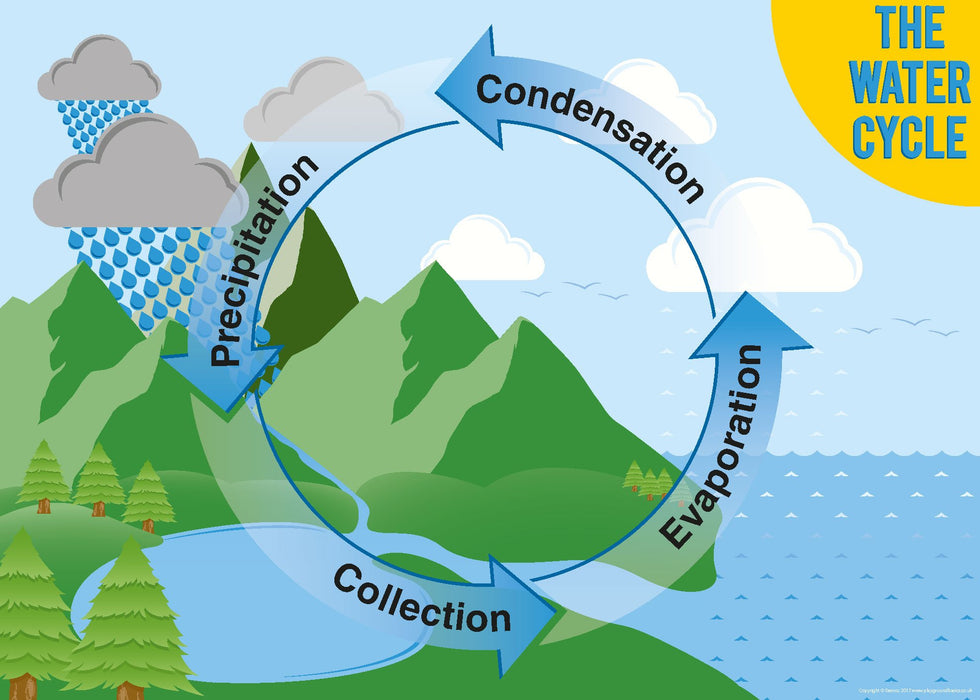
Water chemical formula is H2O. Water molecules have 2 atoms of hydrogen (H) and 1 of oxygen (O).

Water can be in 3 different states: solid, liquid or gas.

Let's learn the names of the changes of state:

The amount of water in our planet is always the same. It changes state continually. This is called water cycle.


This video will help you understand water cycle better:
domingo, 28 de abril de 2019
NATURAL SCIENCE: MATTER
We are learning about matter in Natural Science. We've learned that everything around us is madre of matter.


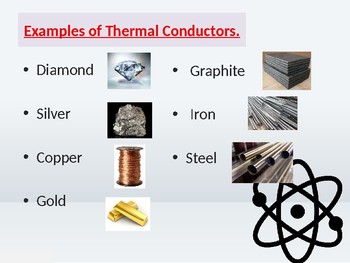
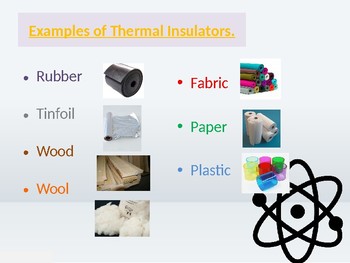

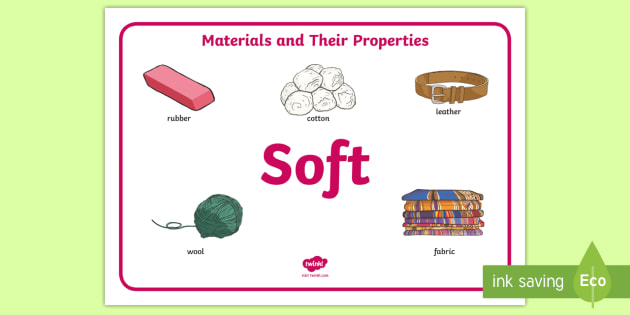

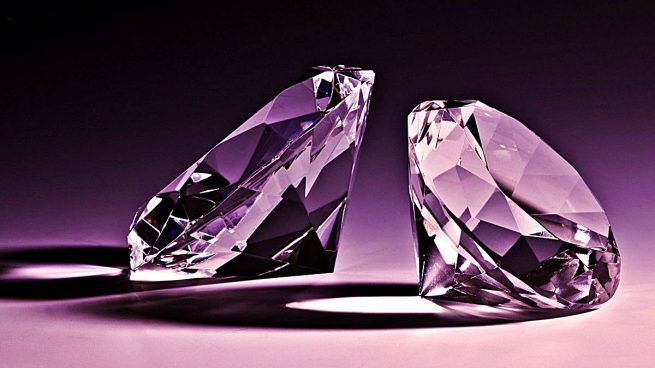



MATTER IS ANYTHING THAT HAS WEIGHT AND TAKES UP A SPACE.
So, our question is... Is air matter? Watch this video to discover!
Second question... What is heavier?
a) A kilogram of lead
b) A kilogram of feathers.
The answer is....
THEY HAVE THE SAME WEIGHT! (1 KILOGRAM)
Now let's learn about the three states of matter:
MATERIALS HAVE DIFFERENT PROPERTIES:
Some materials are thermal conductors and some are thermal insulators:


Materials can be soft or hard, tough or fragile, plastic or elastic.


TOUGH


FRAGILE

PLASTIC

ELASTIC

jueves, 25 de abril de 2019
ENGLISH: UNIT 8
Here are a couple of videos for you to review the vocabulary about jobs:
With this game you can practise the "have to":
viernes, 25 de enero de 2019
JUEGOS APARATOS CIRCULATORIO, DIGESTIVO Y EXCRETOR
Os dejo aquí unos cuantos juegos interactivos para repasar los contenidos de Natural Science. No olvidéis darle a"aceptar" cuando os pregunte si queréis habilitar Flash Player, o no podréis jugar:
http://www.softschools.com/matching_games/science/the_circulatory_system/1413/
http://www.educa.jcyl.es/educacyl/cm/gallery/Recursos%20Infinity/ingles/human_body/urinary_system.html
https://naturalsciences.didactalia.net/resource/digestive-system-easy/7f583ddc-a65a-4d7e-a420-58d578f9007f
http://www.softschools.com/matching_games/science/the_circulatory_system/1413/
http://www.educa.jcyl.es/educacyl/cm/gallery/Recursos%20Infinity/ingles/human_body/urinary_system.html
https://naturalsciences.didactalia.net/resource/digestive-system-easy/7f583ddc-a65a-4d7e-a420-58d578f9007f
Suscribirse a:
Comentarios (Atom)
